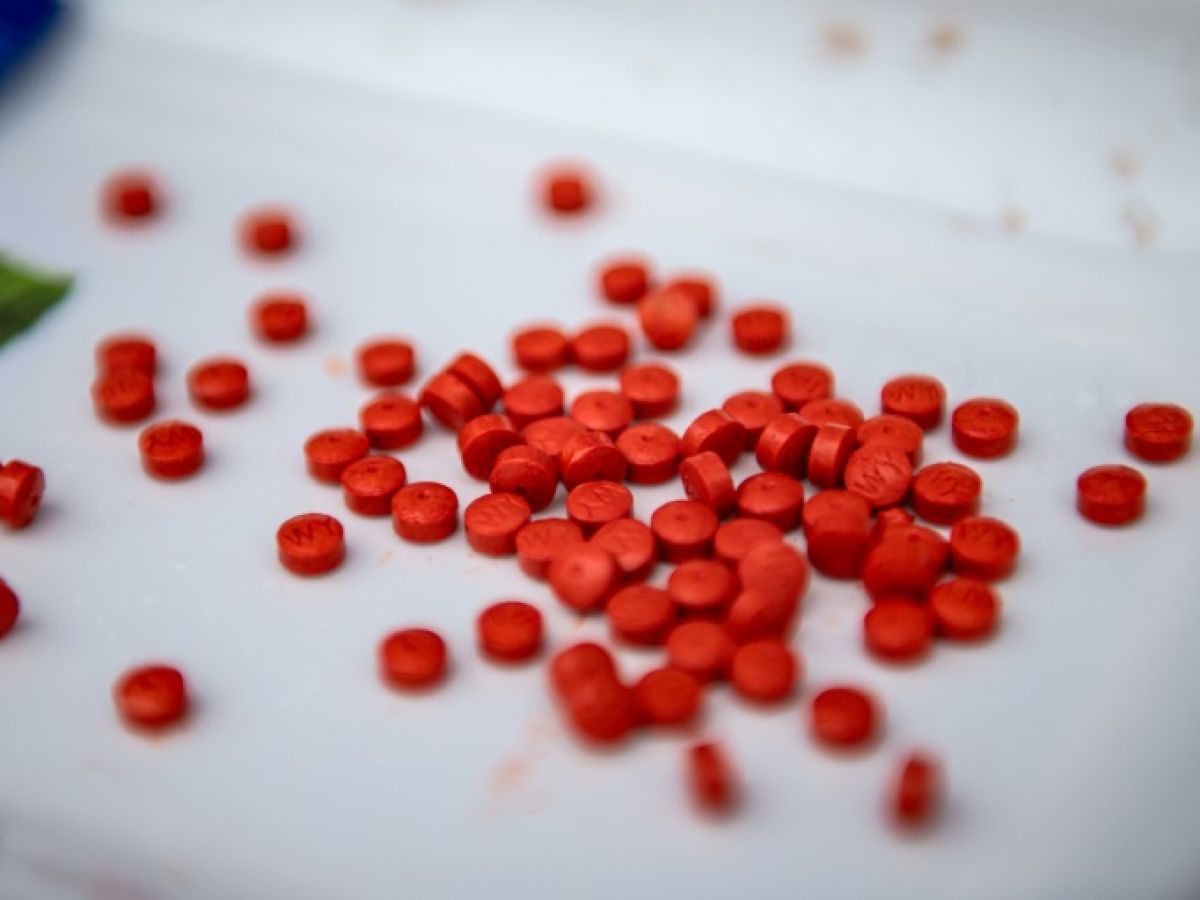Addictive, devastating, and now ubiquitous, methamphetamine, locally nicknamed "ice," is becoming a scourge in French Polynesia. Trafficking is exploding, tragedies are multiplying, and authorities are struggling to contain this public health emergency.
The president of the French Pacific Collectivity, Moetai Brotherson, sounded the alarm at the beginning of the year: according to him, more than one in ten Polynesians had already consumed this synthetic drug, in a territory with a population of just under 300,000.
Highly addictive, it is known to boost concentration, delay sleep, and enhance sexual performance. But its destructive effects on the body and mental health are feared.
Unlike pakalolo—the local cannabis adapted to the tropical climate—ice is not produced in Polynesia. It is imported, mainly from California or Mexico, often by plane. Consumers experiencing withdrawal sometimes become traffickers themselves.
"I was dealing to pay for my drinks. But I was thirsty for ice, so I robbed the Bank of Polynesia with a knife," Maoake Tuahine, the singer of a popular band sentenced to four years in prison, told AFP.
Now clean, he no longer uses and refuses to see his former drug-using friends. "I felt like I had a normal life, but my attitude was hurting my family. I was unrecognizable," he recalls.
The trade is extremely lucrative. A gram, purchased twenty times cheaper abroad, can be resold for up to 2,500 euros in Tahiti. Customs have already seized 29 kg of ice since the beginning of the year, more than double the amount seized in all of 2024.
But observers say these seizures represent only a small portion of the drugs in circulation, as they have little effect on the price per gram.
Some are doubling their ingenuity: skateboards, paddleboards, or candy boxes are used to transport drugs to the island. In May, a businessman, previously unknown to the law, was imprisoned after 23 kg of ice was seized from a container intended for his company.
– Rooted Scourge –
For Papeete's public prosecutor, Solène Belaouar, ice is omnipresent. She evokes a presence "in the background of thefts, accidents, violence, and settling of scores."
Far from being confined to criminals, this drug affects all walks of life and all ages. Her impression, she told AFP, is that "the majority of cases" are linked to this narcotic.
Tragedies are multiplying. On June 27 in Paea, a rural commune in Tahiti, a woman stabbed a man she considered threatening. She had consumed ice and alcohol.
President Moetai Brotherson mentioned the case of an eight-year-old child diagnosed with an addiction. Authorities say more and more babies are also being born with after-effects caused by their mothers' drug use during pregnancy.
Faced with this threat, the Polynesian government announced a response plan in February, with a budget of two million euros. The objective: to support associations, improve care, and strengthen prevention.
Father Christophe of Papeete Cathedral is inviting addicts to sign the "blue cross," a solemn pledge to stop using. Originally proposed to alcoholics, this method has been applied for the past two years primarily to ice users, a sign of its ubiquity.
But the lack of facilities worries families. Heimoana Lintz lost her son a year ago. The young man hanged himself in his garden after months of deteriorating health. A cannabis user, he had slipped into ice.
His father only understood this afterward, when he discovered his conversations with drug dealers on his phone. "He started talking a lot about death, he had lost a lot of weight, about 10 kg. He didn't do anything anymore, he didn't even wash anymore and never went out," recalls this electrician, who is giving his testimony to raise awareness.
"Apart from the psychiatric hospital, there is nothing here. We lack structures and resources, especially in the public sector," he says.
He regrets not having been able to get his son to hospital in time. "They don't do blood tests, so they don't know if their patients are using drugs," he adds bitterly. His son was 28 years old and is one of the long list of Polynesian victims of ICE.

